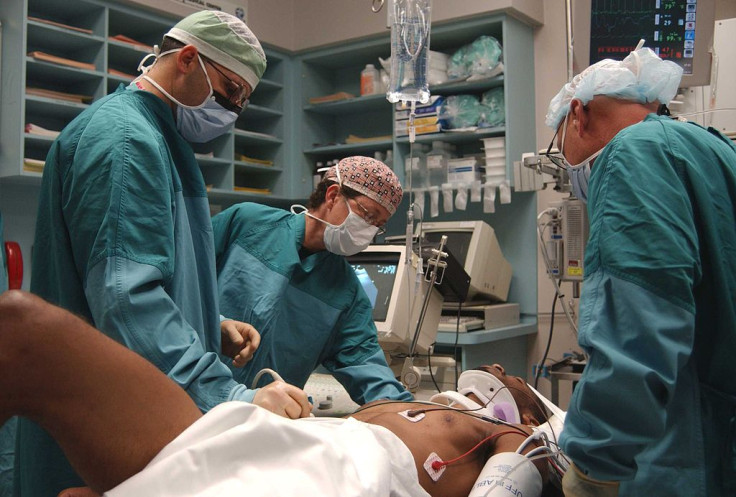Mental Health, Sleep Medicine, And Sports Medicine Spending Has Increased, According To New Medicare Data

According to a new report out of the Centers for Medicare and Medicaid Services (CMS), Medicare’s mental health spending is up, based on 2013 data.
Medicare spending on psychiatry has risen 9.3 percent to $853 million; other areas that experienced increases in spending were sports medicine (56 percent) and sleep medicine — while general practice, cardiology, and geriatric medicine spending actually decreased.
“This is extremely valuable information for policymakers and purchasers so we begin to understand the cost of health care to the American taxpayer,” Leah Binder, CEO of the Leapfrog Group, told USA Today. “We are only now beginning to see trend data. For most of our lifetimes we were forbidden from seeing this data, so finally we are moving in the right direction.”
The report was issued to help make the health care system “more transparent, affordable, and accountable,” CMS states.
Mental health and substance abuse expenditures have indeed increased, and for good reason. The Affordable Care Act’s commitment to mental health parity is largely needed in a country where mental health care is often sorely lacking. According to the Center for Medicare Advocacy, 26 percent (13 million Americans) of Medicare beneficiaries experience some form of mental disorder, including Alzheimer’s disease. Among disabled Medicare beneficiaries, 37 percent have a severe mental disorder.
It’s a good thing that Medicare spending on mental health is increasing. However, many people still aren’t getting the treatment they need, especially for disorders like schizophrenia, depression, anxiety, or bipolar disorder, which are often undiagnosed or misdiagnosed.
“Over more than a decade (1990-2003), the prevalence of mental health and substance use disorders in the United States’ adult population (ages 18-54) has remained relatively constant while the rate of treatment has increased,” the authors of one 2008 report write. “Yet despite increases in the treatment rate, most people with mental illness or substance abuse disorders do not receive any treatment.”
In addition, spending for psychiatry largely means spending on drugs like antidepressants. Shelling out more money to provide people with pills isn’t necessarily a good thing, since mental health care needs a better focus on cognitive behavioral therapy, and preventive and holistic approaches to overall health.
The CMS report also outlined how hospital procedure prices rose by 10 percent between 2011 and 2013, but Medicare spending stayed flat. It identified 950,000 doctors who had received $90 million in Medicare payments — mainly cancer doctors and ophthalmologists. Several of the doctors with highest Medicare reimbursements are, not so coincidentally, also in legal trouble. Read the full CMS report here.



























